
Kawasaki disease is a name for a medical condition characterized by inflammation of the walls of small and medium-sized arteries. The process of inflammation may also affect coronary arteries and cause serious problems with the heart. Kawasaki disease is also known as mucocutaneous lymph node syndrome. The second name is connected with different changes which affect lymph nodes, skin and mucocutaneous membranes inside the oral cavity, nasal cavity and throat. The condition only affects children.
Even though clinical presentation of the disease may be quite frightening (patients, for instance, may suffer from peeling skin), Kawasaki disease is generally treatable. Most patients completely recover and suffer no additional complications.
Kawasaki Disease Treatment
Treatment for Kawasaki disease needs to start as soon as the condition is confirmed. The best results are achieved if the treatment is initiated while the child still has fever. Treatment must deal with inflammation of blood vessels and prevent potential complications. All children are treated once they are admitted to a hospital.
Medications
Doctors recommend a standard treatment with intravenous gamma globulin. Gamma globulin is administered in high doses. The improvement is rapid and becomes noticeable within 24 hours after the onset of treatment. Apart from intravenous gamma globulin, patients also receive high-dose Aspirin.
Although such treatment can be quite efficient in majority of cases, some children, unfortunately, develop complications associated with inflammation of coronary arteries.
There have been some research which tested effects of corticosteroids. However, these medications are still not recommended in treatment for Kawasaki disease.
What Happens after Initial Treatment?
Once the fever subsides, the child may need to continue taking Aspirin for 6-8 weeks. In case of the presence of coronary artery aneurysm, Aspirin is supposed to be taken even for a longer period of time. This drug is highly efficient against blood clotting.
Only if the child develops some viral infections during the treatment with Aspirin (for example chickenpox or flu), the drug is discontinued. This is a preventive measure against Reye's syndrome, a rare, but still quite severe illness associated with many complications and damage to multiple organs (predominantly the brain and liver). Reye's syndrome develops if the child is suffering from some viral infection and is given Aspirin.
What about Heart Problems?
If there are signs of heart complications, patients are closely monitored. Follow-up tests are obligatory for such children and are usually performed at 6-8 weeks after the onset of the illness.
Children who have developed a coronary artery aneurysm require further treatment with anticoagulant drugs and they also need to undergo certain surgical procedures such as coronary artery angioplasty or stent placement. In severe cases patients undergo coronary artery bypass graft.


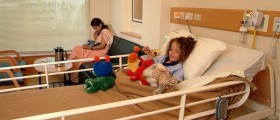
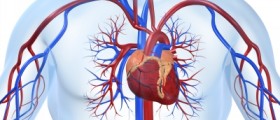
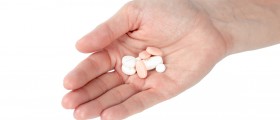

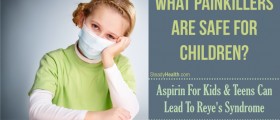
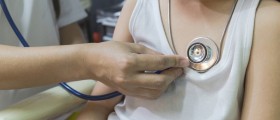
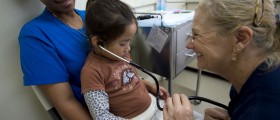
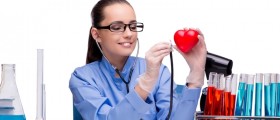

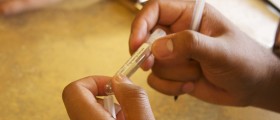

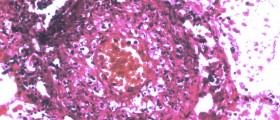



Your thoughts on this
Loading...